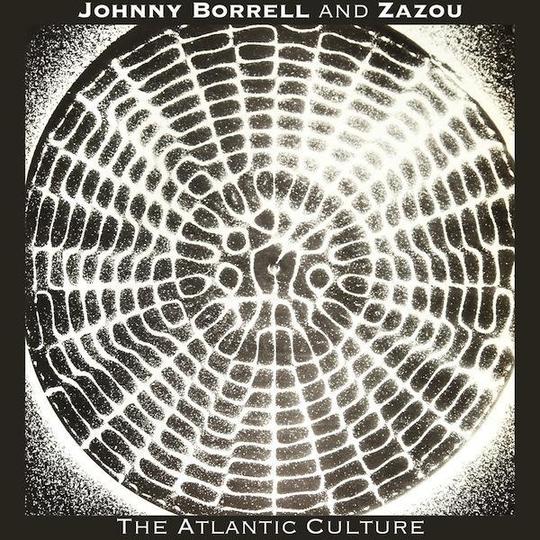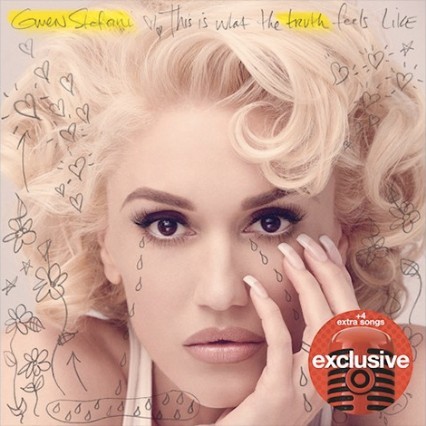Schadenfreude is an ugly emotion, no doubt about it, yet many of us allowed ourselves a little glow when we heard that Johnny Borrell’s first solo album, Borrell 1, only sold 594 copies in its first week. There’s a peculiarly nasty strain in British culture that wants the mighty to fall, that enjoys seeing those who once swaggered above us brought low, and Borrell? He swaggered more than most. At their peak Razorlight were legitimately one of the biggest bands in Britain, and Borrell the classic big-mouth pop star. He was really good at being famous, too: gobby, slightly bonkers, with a sense of entitlement so high he demanded sole credit when his affable drummer wrote him an obvious hit, and diva-tendencies so strong his road crew nicknamed him 'Mariah'. Which is all well and good, we love a dickhead rock star round these parts, be it Mick Jagger, Robbie Williams or Kanye West. The sin Borrell committed was being a braggart while making music that became increasingly boring. Razorlight came to define the mid-Noughties notion of 'landfill indie': they sold bucketloads by playing it increasingly safe until even their fans stopped noticing they were there. So when Borrell’s band fell apart around his ears and his solo record flopped, yer, we allowed ourselves a moment’s quiet satisfaction. Karma had done its work. What goes around comes around. All of that sort of thing.
What we all forgot was that Borrell occasionally justified his aggrandising. That’s why we took notice in the first place. ‘Golden Touch’, ‘Somewhere Else’, ‘In The Morning’, ‘Stumble and Fall’, these are good, naggingly catchy, unexpectedly soulful, witty songs. Borrell 1, a reinvention as an artsy low-key jazzer, had its moments too, and his abandonment of nuts and bolts indie rock is commendable.
There’s another thing the British love: an underdog story, and that’s the unexpected twist, The Atlantic Culture, Borrell’s second album, is the work of a man force-fed humble pie like Bruce Bogtrotter’s chocolate cake. A man with nothing to lose, and consequently a man enjoying himself and not really giving much of a crap what we’re going to think. Having recruited his backing band, Zazou, for Borrell 1 this second record is about having fun with them, hence amongst the new stuff we have reworkings of tracks from both the last Razorlight album (‘60 Thompson’), Borrell 1 (‘We Cannot Overthrow’) and one of Bob Dylan’s oddest moments, (‘Man Gave Names to All the Animals’). There’s even a presumably-Borrell-free instrumental track, ‘Zazou’s Theme’, giving the group room to stretch out. The whole thing is enjoyably carefree, about letting the band establish their jazzy, cafe-corner grooves leaving JB to act the band leader and gad about over the top.
It’s at its best on the twitchy ‘Black God’, where Borrell’s soul-boy knack hits his band’s nagging jazz head on. Elsewhere ‘We Cannot Overthrow’ lands just the right side of a Gladys Knight tribute, all sliding strings and swirling sax. There’s some real feeling here. Borrell, for all his myriad faults, always had a knack for the emotive. The jolly ‘Ego Song’, essentially ‘You Could Be Anything That You Wanted To Be’ from Bugsy Malone done with country harmonies, is a delight, showing us finally that the godhead has stopped taking himself seriously, “Ego takes a tumble, in the end it's only pain that's left,” he sings, “you can fool yourself but you ain't fooling anybody else”. It’s the moment Borrell admits defeat and you like him for it.
It’s not all gold. ‘Bastida Cantina’ is a reminder that Razorlight’s workmanlike earnestness was always their undoing, painfully obvious when put against a backing that deserves better than a sub Tom-Petty croon, wanky lyrics about prometheus and auto-emotive strings set on 'plastic cinema'. The more serious end of the record isn’t as clever or emotional as it thinks it is, either. Still, considering Borrell spent a decade being either boring or ridiculous, The Atlantic Culture stands as an oddly charming, knockabout reminder of his skills.
-
6Marc Burrows's Score






















